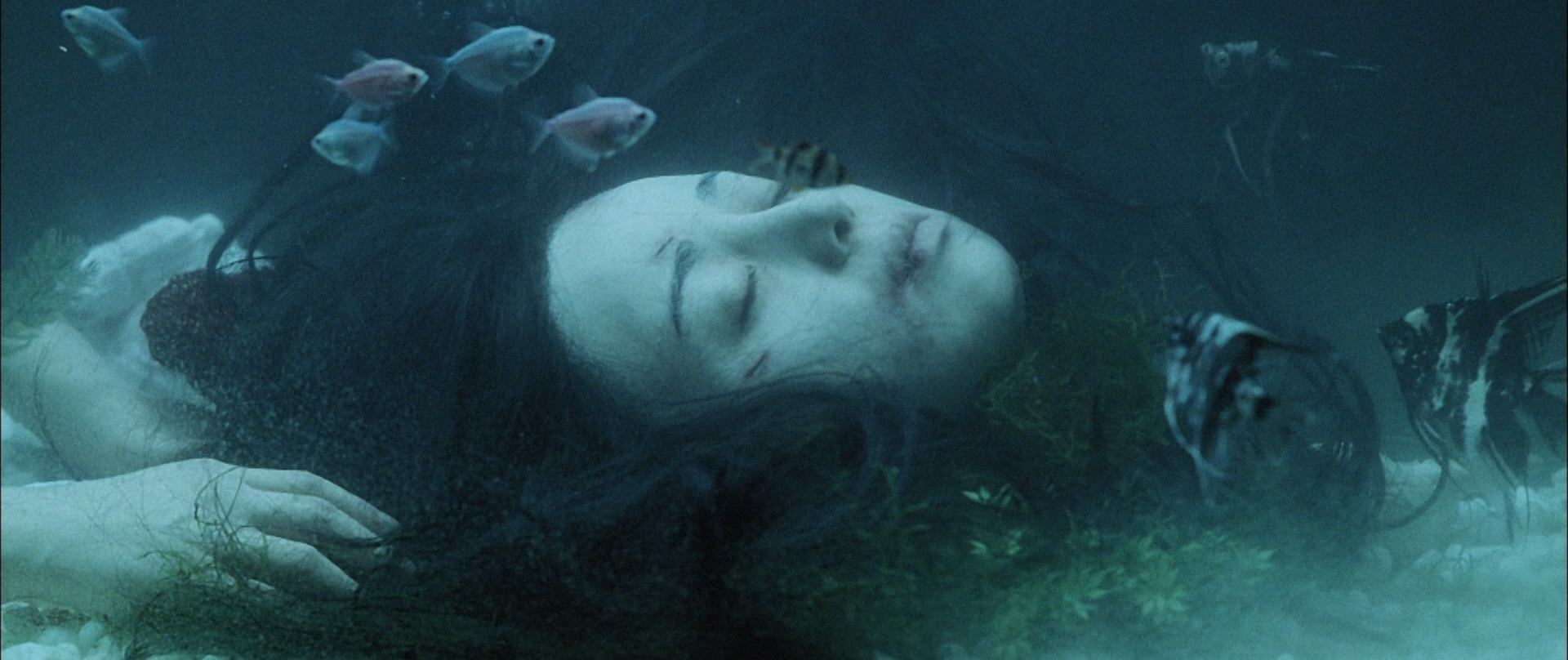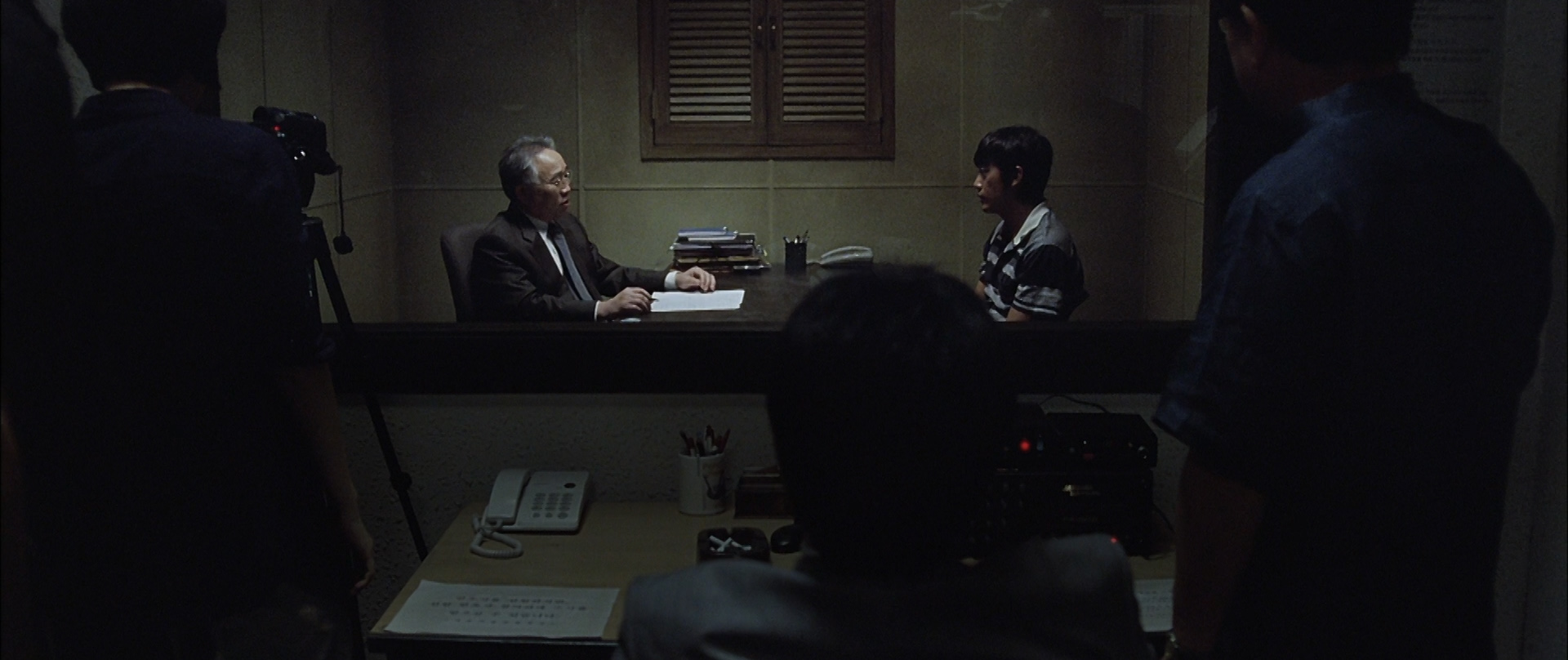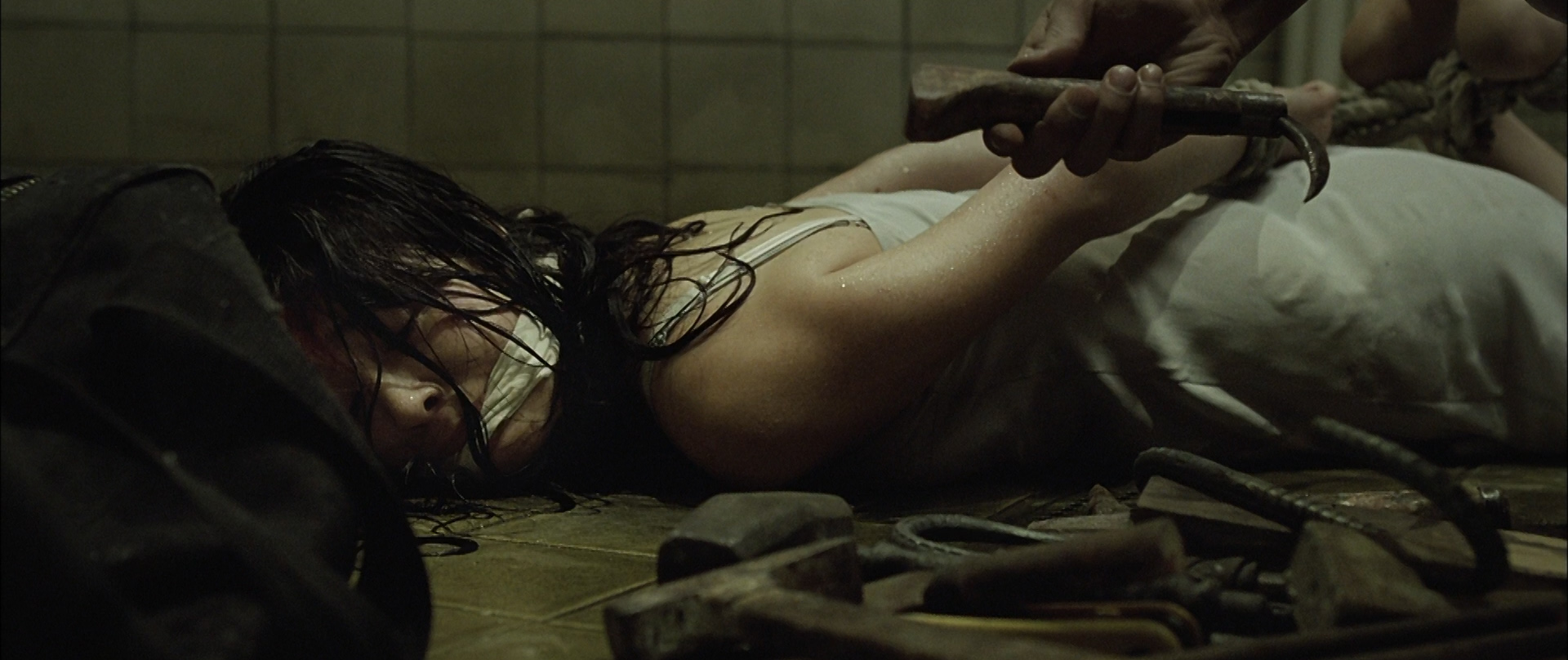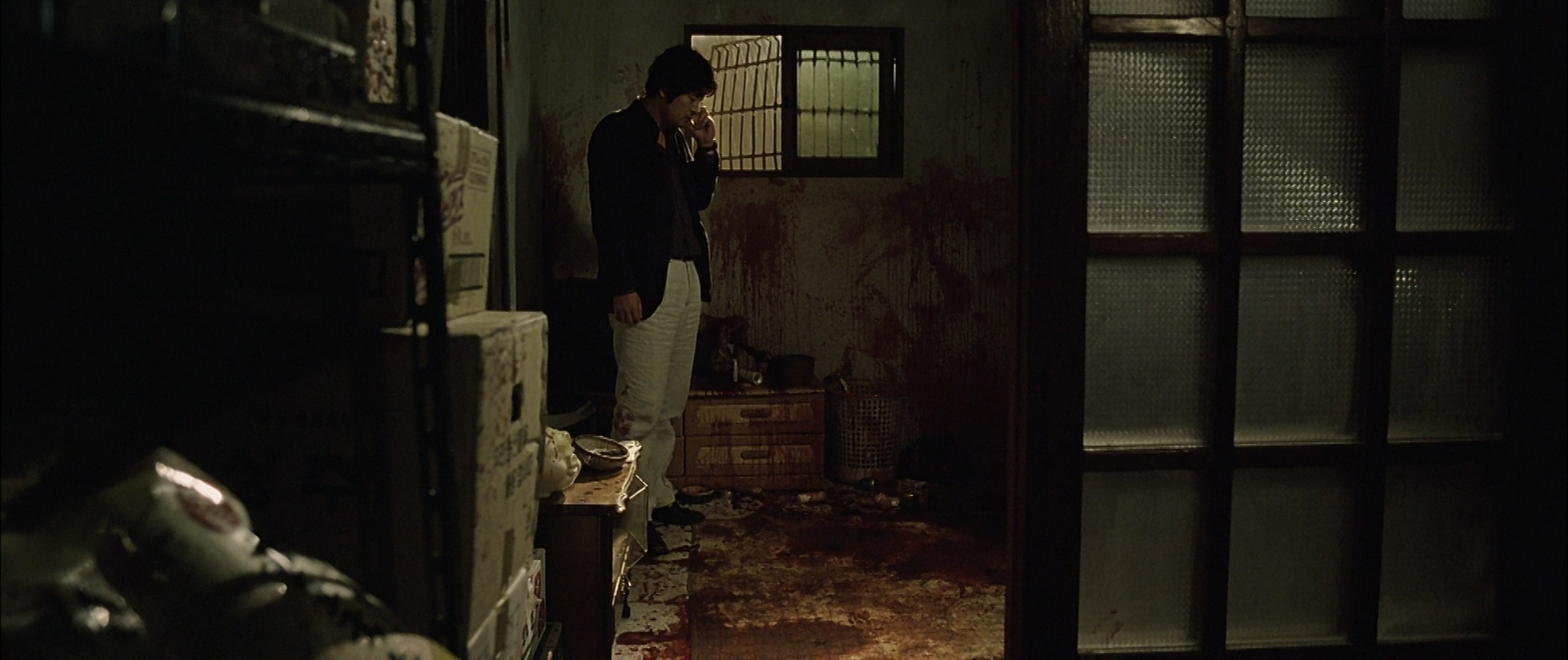Jake Sulpice
The Chaser
Watched on December 30, 2023

The Chaser is a harrowing plunge into the darkest corridors of urban decay and human depravity, exposing the veiled underbelly of society. Directed by Na Hong-jin, the film pieces together a puzzle of suspense that dances on the fine line between law and anarchy, shedding a relentless light on societal inadequacies like police corruption, human trafficking, and deep-seated misogyny.
What did you do with my girls? You already sold them? Asshole, who the hell are you?
The movie is a gritty testament to realism from the first frame to the last. The streets of Seoul serve not just as a backdrop but as a living, breathing entity, mirroring the inner turmoil and chaos of the characters. The camera work holds a magnifying glass against each character, capturing the raw, unfiltered emotions of the cast, led by the phenomenal performances of Kim Yoon-seok and Ha Jung-woo. Their portrayals are so visceral and unnervingly authentic that you feel like you’re watching actual events happen in real-time.

The narrative is a complex web woven with threads of tension that tug at the viewer’s psyche. Each twist and turn in the story is like a jolt of electricity, shocking yet never unjustified. The screenplay deserves accolades for its cunning construction, leading the audience through a maze of moral ambiguity. It’s a story that doesn’t just unfold; it unravels, pulling at the seams of what we perceive as justice and crime.
Where’d you bury the dead bodies?
Here and there.
Thematically, The Chaser is a grim examination depicting the exploitation and objectification of vulnerable individuals. It doesn’t just show the evils of its antagonists but reflects a society that breeds such monstrosity. The film is unapologetic in portraying the grim market of human lives, driven by greed and apathy. It’s a disturbing mirror held up to the audience, forcing an introspection of the pervasive corruption and misogyny.
Technically speaking, the film is a marvel. The atmospheric tension is almost tactile, with Seoul’s grimy, neon-lit streets casting long shadows over the characters’ faces. The use of color is deliberate, painting despair and danger in stark hues, while the pacing is a meticulously controlled culmination of events, building up to an emotionally charged finale. The setting is a personality in itself, with each location meticulously chosen to reflect the internal state of the characters: think Yeong-min in his creepy, unsettling home or Joong-ho’s paltry office, showing the austere side of the prostitution ring. Costume design and practical effects add an additional layer of authenticity, immersing the viewer fully into the film’s world; some graphic violence and blood spurts were strikingly lifelike.

The film’s finale leaves the audience teetering on the edge of an abyss. The ending is deliberately ambiguous, serving as a Rorschach test for the viewer’s moral compass. It offers multiple interpretations, each as plausible and haunting as the next. This ambiguity is not a flaw but a final, masterful stroke of storytelling, ensuring the film lingers in the mind long after the credits roll. We know Mi-jin’s abhorrent fate, but will Yeong-min face justice? Does Joong-ho continue to care for Mi-jin’s daughter once the credits roll? These are left open-ended for you to decide — to think about long after the film fades to black.
The Chaser is a cinematic juggernaut, a brutal, unflinching look at what happens in human society, largely unknown to its inhabitants. It’s a film that doesn’t shy away from the ugliness of its themes, instead choosing to confront them head-on with harsh, brutal honesty. With its superb cast, dense narrative, and technical prowess, it’s a visceral experience that leaves a persisting mark on your psyche. It’s a poignant, disturbing reflection of the human condition, a relentless journey through the night that offers no easy answers, only a reflection into our own souls. While most are not literal pimps, the film’s themes and underlying motifs demand an honest introspection.
You’re not answering your phone. Don’t get mad and listen to me. I want to quit. I really can’t take it. I’m too scared to do this job.

Details
- IMDB | Letterboxd
- Released in 2008
- Directed by Na Hong-jin